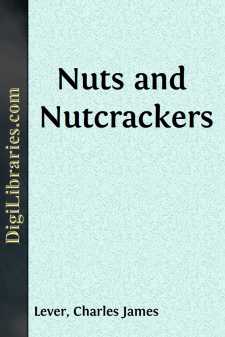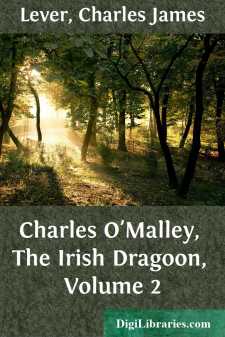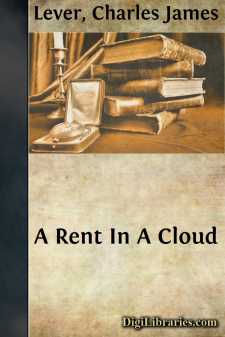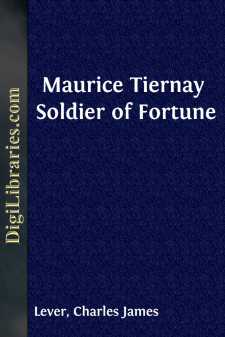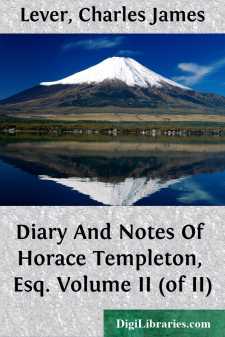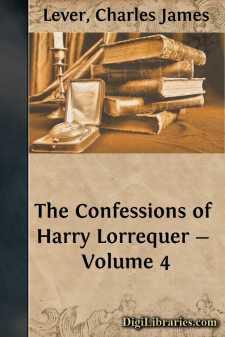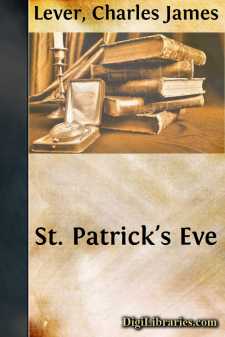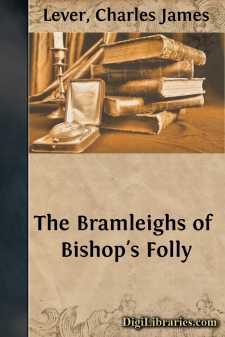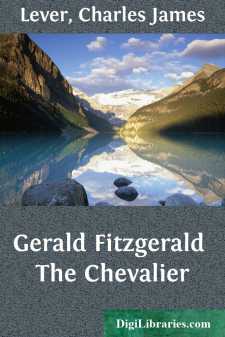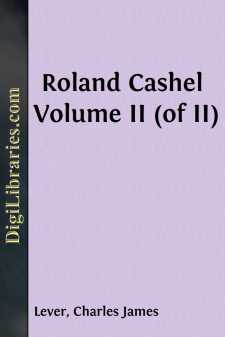Categories
- Antiques & Collectibles 13
- Architecture 36
- Art 48
- Bibles 22
- Biography & Autobiography 813
- Body, Mind & Spirit 142
- Business & Economics 28
- Children's Books 14
- Children's Fiction 11
- Computers 4
- Cooking 94
- Crafts & Hobbies 4
- Drama 346
- Education 46
- Family & Relationships 57
- Fiction 11829
- Games 19
- Gardening 17
- Health & Fitness 34
- History 1377
- House & Home 1
- Humor 147
- Juvenile Fiction 1873
- Juvenile Nonfiction 202
- Language Arts & Disciplines 88
- Law 16
- Literary Collections 686
- Literary Criticism 179
- Mathematics 13
- Medical 41
- Music 40
- Nature 179
- Non-Classifiable 1768
- Performing Arts 7
- Periodicals 1453
- Philosophy 64
- Photography 2
- Poetry 896
- Political Science 203
- Psychology 42
- Reference 154
- Religion 513
- Science 126
- Self-Help 84
- Social Science 81
- Sports & Recreation 34
- Study Aids 3
- Technology & Engineering 59
- Transportation 23
- Travel 463
- True Crime 29
Nuts and Nutcrackers
Description:
Excerpt
If Providence, instead of a vagabond, had made me a justice of the peace, there is no species of penalty I would not have enforced against a class of offenders, upon whom it is the perverted taste of the day to bestow wealth, praise, honour, and reputation; in a word, upon that portion of the writers for our periodical literature whose pastime it is by high-flown and exaggerated pictures of society, places, and amusements, to mislead the too credulous and believing world; who, in the search for information and instruction, are but reaping a barren harvest of deceit and illusion.
Every one is loud and energetic in his condemnation of a bubble speculation; every one is severe upon the dishonest features of bankruptcy, and the demerits of un-trusty guardianship; but while the law visits these with its pains and penalties, and while heavy inflictions follow on those breaches of trust, which affect our pocket, yet can he “walk scatheless,” with port erect and visage high who, for mere amusement—for the passing pleasure of the moment—or, baser still, for certain pounds per sheet, can, present us with the air-drawn daggers of a dyspeptic imagination for the real woes of life, or paint the most common-place and tiresome subjects with colours so vivid and so glowing as to persuade the unwary reader that a paradise of pleasure and enjoyment, hitherto unknown, is open before him. The treadmill and the ducking-stool, “me judice,” would no longer be tenanted by rambling gipsies or convivial rioters, but would display to the admiring gaze of an assembled multitude the aristocratic features of Sir Edward Bulwer Lytton, the dark whiskers of D’Israeli, the long and graceful proportions of Hamilton Maxwell, or the portly paunch and melo-dramatic frown of that right pleasant fellow, Henry Addison himself.
You cannot open a newspaper without meeting some narrative of what, in the phrase of the day, is denominated an “attempted imposition.” Count Skryznyzk, with black moustachoes and a beard to match, after being the lion of Lord Dudley Stuart’s parties, and the delight of a certain set of people in the West-end—who, when they give a tea-party, call it a soirée, and deem it necessary to have either a Hindoo or a Hottentot, a Pole, or a Piano-player, to interest their guests—was lately brought up before Sir Peter Laurie, charged by 964 with obtaining money under false pretences, and sentenced to three months’ imprisonment and hard labour at the treadmill.
The charge looks a grave one, good reader, and perhaps already some notion is trotting through your head about forgery or embezzlement; you think of widows rendered desolate, or orphans defrauded; you lament over the hard-earned pittance of persevering industry lost to its possessor; and, in your heart, you acknowledge that there may have been some cause for the partition of Poland, and that the Emperor of the Russias, like another monarch, may not be half so black as he is painted. But spare your honest indignation; our unpronounceable friend did none of these. No; the head and front of his offending was simply exciting the sympathies of a feeling world for his own deep wrongs; for the fate of his father, beheaded in the Grand Place at Warsaw; for his four brothers, doomed never to see the sun in the dark mines of Tobolsk; for his beautiful sister, reared in the lap of luxury and wealth, wandering houseless and an outcast around the palaces of St. Petersburg, wearying heaven itself with cries for mercy on her banished brethren; and last of all, for himself—he, who at the battle of Pultowa led heaven-knows how many and how terrific charges of cavalry,—whose breast was a galaxy of orders only outnumbered by his wounds—that he should be an exile, without friends, and without home!...


